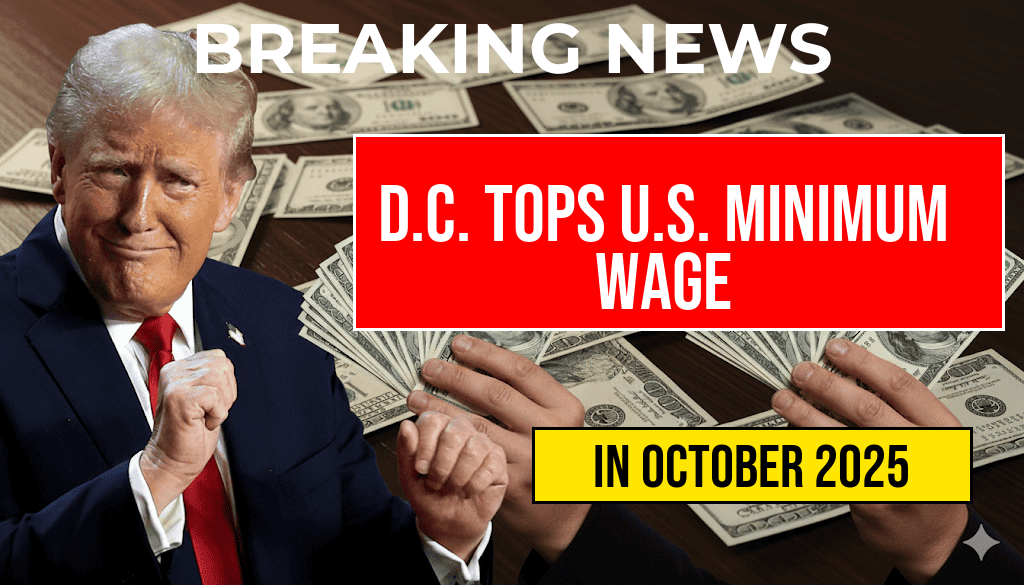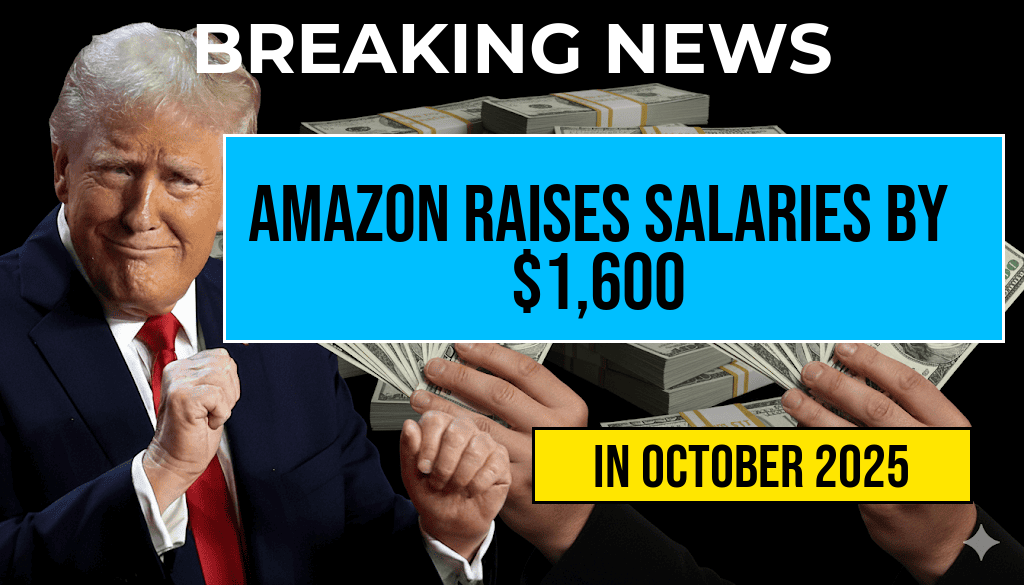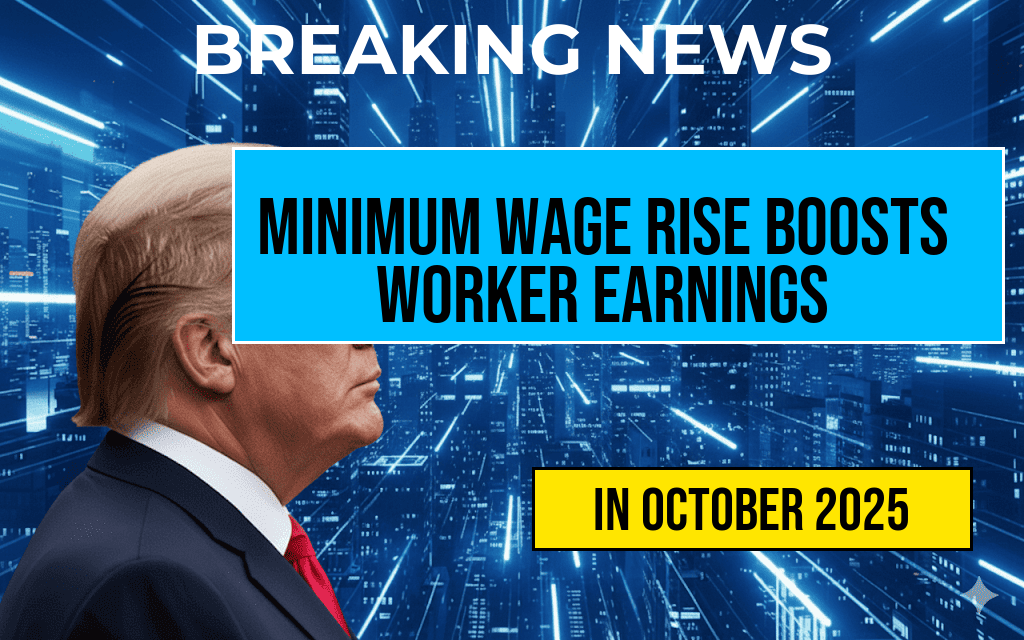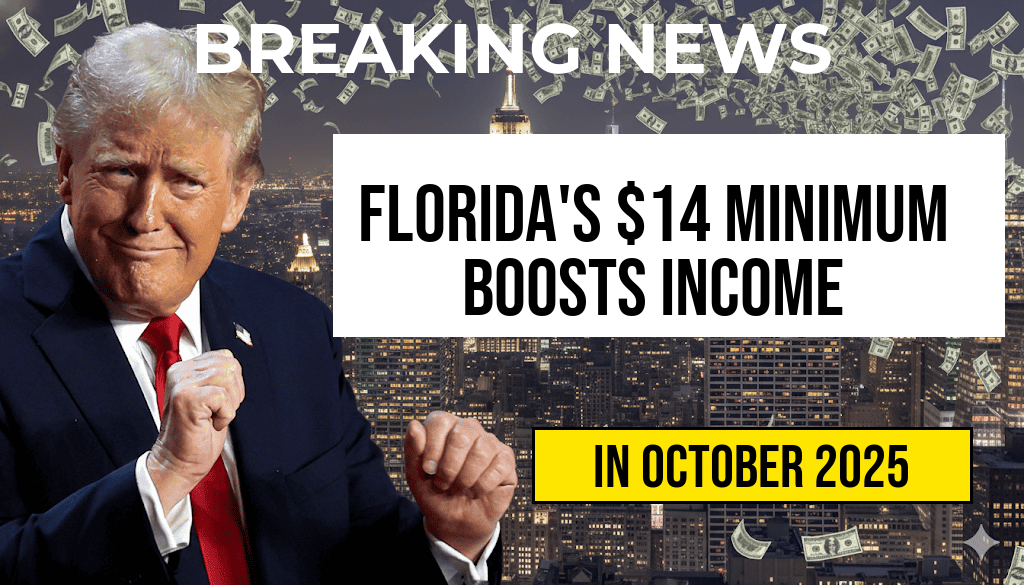Washington D.C. has solidified its position as the city with the highest minimum wage in the United States, surpassing other states and jurisdictions with a top pay tier of $17.95 per hour. This figure applies to workers classified within the highest wage categories, reflecting the city’s ongoing efforts to address income disparities and boost economic stability for its workforce. As local policymakers continue to adjust wage standards to keep pace with living costs, D.C. stands out as a leader, setting a benchmark for other regions to follow. The city’s wage policies are part of broader initiatives aimed at reducing economic inequality and promoting fair compensation across various sectors.
The Context Behind Washington D.C.’s Leading Wage Standards
Washington D.C.’s commitment to establishing a competitive minimum wage stems from a combination of legislative action and economic strategy. The District’s minimum wage has gradually increased over the past few years, driven by city ordinances and a recognition of the rising cost of living. According to the Wikipedia entry on minimum wages in the U.S., many jurisdictions are progressively raising wages to ensure workers can meet basic expenses. D.C. has consistently been at the forefront of these changes, reinforced by efforts to align wages with inflation and economic shifts.
How Does Washington D.C. Compare to Other States?
| Jurisdiction | Top Pay Tier Minimum Wage | Effective Date |
|---|---|---|
| Washington D.C. | $17.95 | 2023 |
| California | $16.20 | 2023 |
| New York | $15.78 | 2023 |
| Massachusetts | $15.00 | 2023 |
| Washington State | $15.74 | 2023 |
While several states have set high minimum wages, D.C.’s top pay tier exceeds many, illustrating its aggressive stance on wage growth. Notably, the city’s wages are adjusted annually based on economic indicators, ensuring they remain relevant to current market conditions.
Impacts on the Local Economy and Workforce
Raising the minimum wage to nearly $18 per hour influences various sectors of Washington D.C.’s economy. Employers in hospitality, retail, and public service sectors report increased labor costs, prompting some to reevaluate staffing and pricing strategies. However, advocates argue that higher wages contribute to a more stable and motivated workforce, reducing turnover and boosting consumer spending.
Data from the Bureau of Labor Statistics indicates that regions with higher minimum wages often see improved economic indicators related to worker well-being. Increased earnings can lead to better health outcomes, higher savings rates, and increased local spending, all of which support the city’s economic resilience.
Challenges and Criticisms
Despite positive intentions, some business groups express concern about the potential for wage hikes to lead to increased automation and reduced employment opportunities, especially among entry-level workers. Small businesses, in particular, face pressure to absorb higher labor costs without necessarily passing those costs onto consumers. Balancing wage growth with economic sustainability remains an ongoing challenge for policymakers.
Policy Evolution and Future Outlook
Washington D.C. has committed to annual reviews of its wage standards, with proposals to gradually increase the top pay tier further in upcoming years. These adjustments are often linked to inflation metrics and economic performance indicators. City officials emphasize that maintaining a high minimum wage is vital to ensuring equitable economic growth and reducing income disparities.
Looking ahead, experts suggest that D.C.’s approach could influence wage policies in neighboring jurisdictions and serve as a model for urban areas seeking to address economic inequality through targeted wage increases. As the city continues to refine its policies, stakeholders anticipate a dynamic landscape that balances fair compensation with sustainable economic growth.
References
- Wikipedia: Minimum wage in the United States
- Bureau of Labor Statistics
- District of Columbia Government
Frequently Asked Questions
What is the current minimum wage in Washington D.C.?
The **minimum wage in Washington D.C.** is currently set at $17.95 per hour, making it the top pay tier in the nation.
How does Washington D.C.’s minimum wage compare to other states?
Washington D.C. leads the country with the **highest minimum wage**, surpassing many states and other jurisdictions, which generally have lower wage standards.
What factors contribute to Washington D.C. having the highest minimum wage?
The **cost of living**, economic policies, and efforts to promote fair wages** are key factors that contribute to Washington D.C. maintaining the **highest minimum wage** in the nation.
Are there plans to increase the minimum wage further in Washington D.C.?
Currently, there are discussions and proposals aimed at **raising the minimum wage** even further, reflecting ongoing efforts to improve **worker compensation** in the region.
Who is affected by the increased minimum wage in Washington D.C.?
Employees earning less than **$17.95 per hour** in Washington D.C. are directly affected, benefiting from **higher wages**, which aim to improve **living standards** and **economic stability** for workers.






